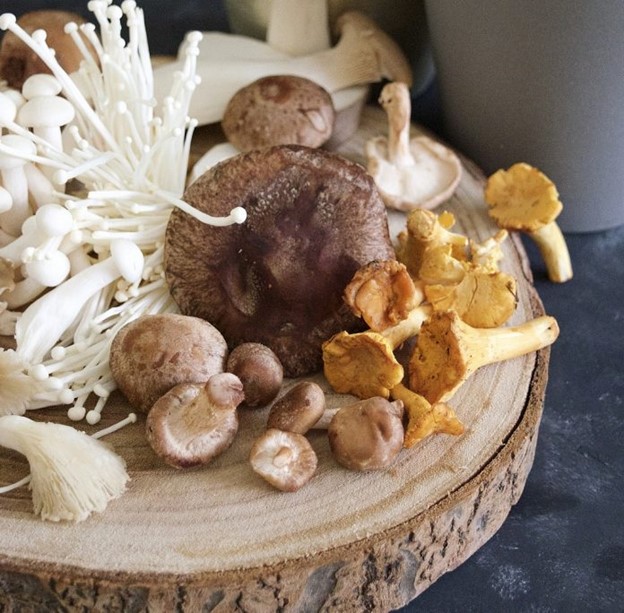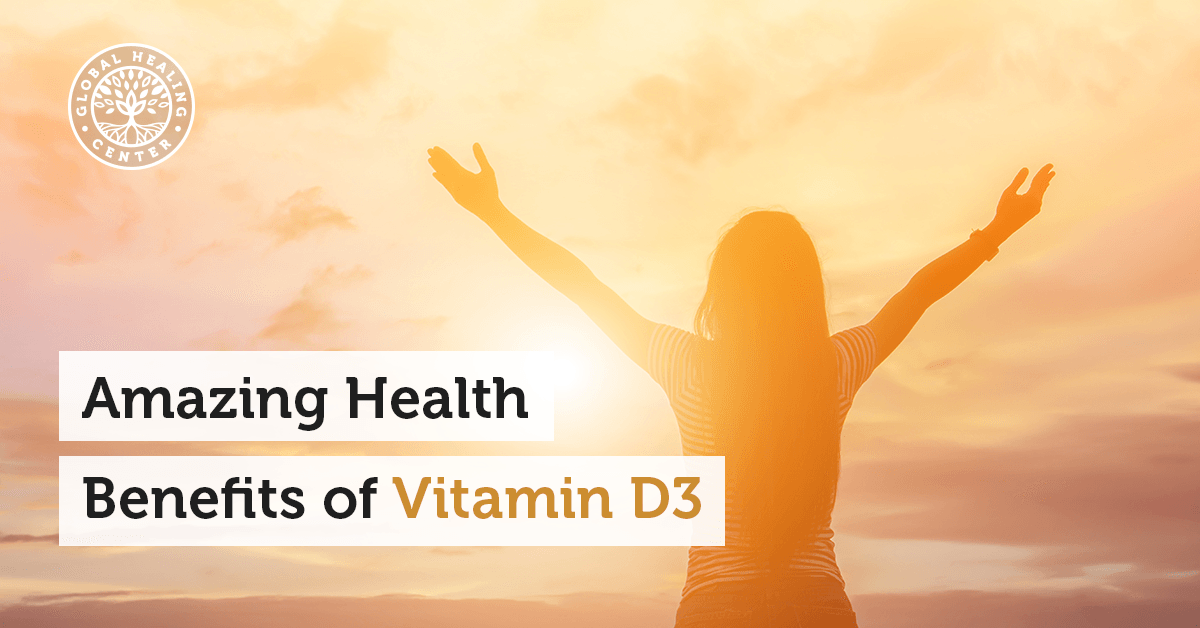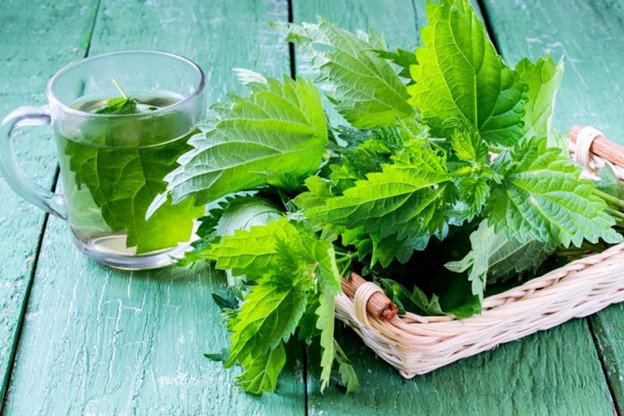Vitamins B12 and D3 are the only supplements that should be bought by people on a vegan or vegetarian diet and taken regularly. These vitamins are generally found in foods derived from animals (such as milk, yogurt, cheese, eggs) that are not part of the vegan diet, but are also found in plant-based foods (seaweed, mushrooms, cereals, yeast) that do not significantly increase the level of such nutrients in the body. Therefore, there is a need to prevent B12 and D3 deficiency through vitamin supplements.
- The benefits of vitamin B12
Vitamin B12 helps the formation of red blood cells, contributes to DNA synthesis, helps the nervous system and the brain to function properly.
Vitamin B12 maintains the optimal health of the body, ensuring its energy, so it plays an important role in the diet.
According to specialists from the National Institutes of Health (NIH), the need for vitamin B12 depends on the age of people, as follows:
- In lactating women it’s 2.8 mcg per day;
- In pregnant women it’s 2.6 mcg per day;
- In adults it’s 2.4 mcg per day;
- In adolescents it’s 2.4 mcg per day;
- In children aged 9-13 years it’s 1.8 mcg per day;
- In children aged 4-8 years it’s 1.2 mcg per day;
- In children aged 1-3 years it’s 0.9 mcg per day;
- In babies aged 7-12 months it’s 0.5 mcg per day.
Vitamin B12 deficiency can have unintended consequences:
- Fatigue, weakness, neurological disorders, digestive problems;
- Blurred vision, sweating, dyspnea, mood swings;
- Heart failure in severe cases;
- Loss of appetite, memory loss;
- Numbness in the arms and legs, tinnitus or ringing in the ears.
Vitamin B12 deficiency can be found through blood tests.
- How can vegans increase their vitamin B12 intake
According to studies conducted by researchers, vegans and vegetarians tend to have lower cholesterol and lower blood pressure than meat consumers, which reduces the risk of heart disease and certain types of cancer. This is a good reason why the consumption of plant foods is appreciated nowadays. The vegan diet has become popular, but it must be rich in nutrients.
The greatest risk is a deficiency of vitamin B12 (which is found mainly in meat and food of animal origin). This nutrient helps the brain to function properly.
Vitamin B12 sources for vegans:
- Vitamin B12 is found in seaweed, which is rich in other nutrients (minerals, enzymes, polyunsaturated fatty acids, amino acids, vitamin A, B, C, R, PP).
- Spirulina or blue-green algae contains a significant amount of vitamin B12. Among the wonders offered by nature, spirulina is the most suitable food supplement.
- Vitamin B12 is also found in mushrooms, but their consumption does not significantly increase nutrient intake. The most suitable are Shiitake mushrooms, because they have more vitamin B12 and if you consume a portion of mushrooms, you can ensure the recommended daily intake of this nutrient.
- Cereals are a good choice in the diet because they have vitamin B12. Start your day with a low-sugar breakfast with cereal. You can also eat cereals in the evening, if you do not like to include them in the morning menu.
- Nutritional yeast is also popular in vegan and vegetarian nutrition, it’s rich in B vitamins, iron and other minerals. The nutritional yeast tastes like grated Parmesan cheese. You can use a tablespoon in salads, soups, pasta, fried vegetables.
- Soy milk has vitamin B12 and is found in supermarkets. Make sure it doesn’t contain too much sugar.
Vitamin D, which is fat-soluble, is said to be a very important nutrient especially for calcium absorption in the body. Vitamin D3 has many benefits, namely:
- It increases the body’s immunity, which is very important especially now when there is a COVID-19 pandemic;
- Maintains healthy bones, teeth and muscles;
- By stimulating immunity it helps in fighting infections;
- It has anti-inflammatory effects.
Vitamin D requirement in adults is 5.5 μg daily.
Vitamin D deficiency lowers immunity, can predispose to rickets in children, bone weakness in adults and can even lead to depression.
- Why are vitamin D3 supplements needed?
Vitamin D3 supplementation in people on a vegan or vegetarian diet is necessary to maintain health. Vitamin D is usually found in fish, salmon, sardines, seafood. However, these foods are not included in the vegan and vegetarian diet.
There are also plant sources of vitamin D, such as mushrooms: wooden ears, Maitake mushrooms, white mushrooms, Pleurotus mushrooms, Shiitake mushrooms and others. Certainly, mushrooms are recommended in the diet, they are a source of vitamin D in the menu.
Mushrooms can be eaten all year round, especially since they do not make you fat, they have a low calorie content. In general, quinces are rich in fiber, vitamin B2, vitamin D and other nutrients.
For dried Shiitake mushrooms, the intake of vitamin D is 12.7 μg per 100 gr. It was observed that in these mushrooms, by drying, the level of vitamin B2 increases to 1.4 mg and vitamin D to 12.7 μg. Therefore, it is better to eat dried mushrooms than raw mushrooms. About glutamic acid in these dried mushrooms, it was found to be 7 times higher than that of raw Shiitake mushrooms. When consumed, dried mushrooms are easily rehydrated with water.
Maitake mushrooms have dietary fiber 3.5 gr, potassium 230 mg and vitamin D 4.9 μg per 100 gr. These mushrooms should not be overcooked because they lose nutrients.
Easy vitamin D3 supplementation is a wise decision, especially for vegans and vegetarians, if they do not consume a sufficient amount of mushrooms. Omega-3 and vitamin B12 supplements are also needed for these people.
Walnuts are rich in Omega-3 fatty acids, respectively alpha-linolenic acid. Vegans need 1.6-2.4 g of Omega-3 fatty acids per day, experts say.
Sources of Omega-3 are: sesame oil, flaxseed oil, walnuts, chia seeds, flax seeds, hemp seed oil, tofu and others.









